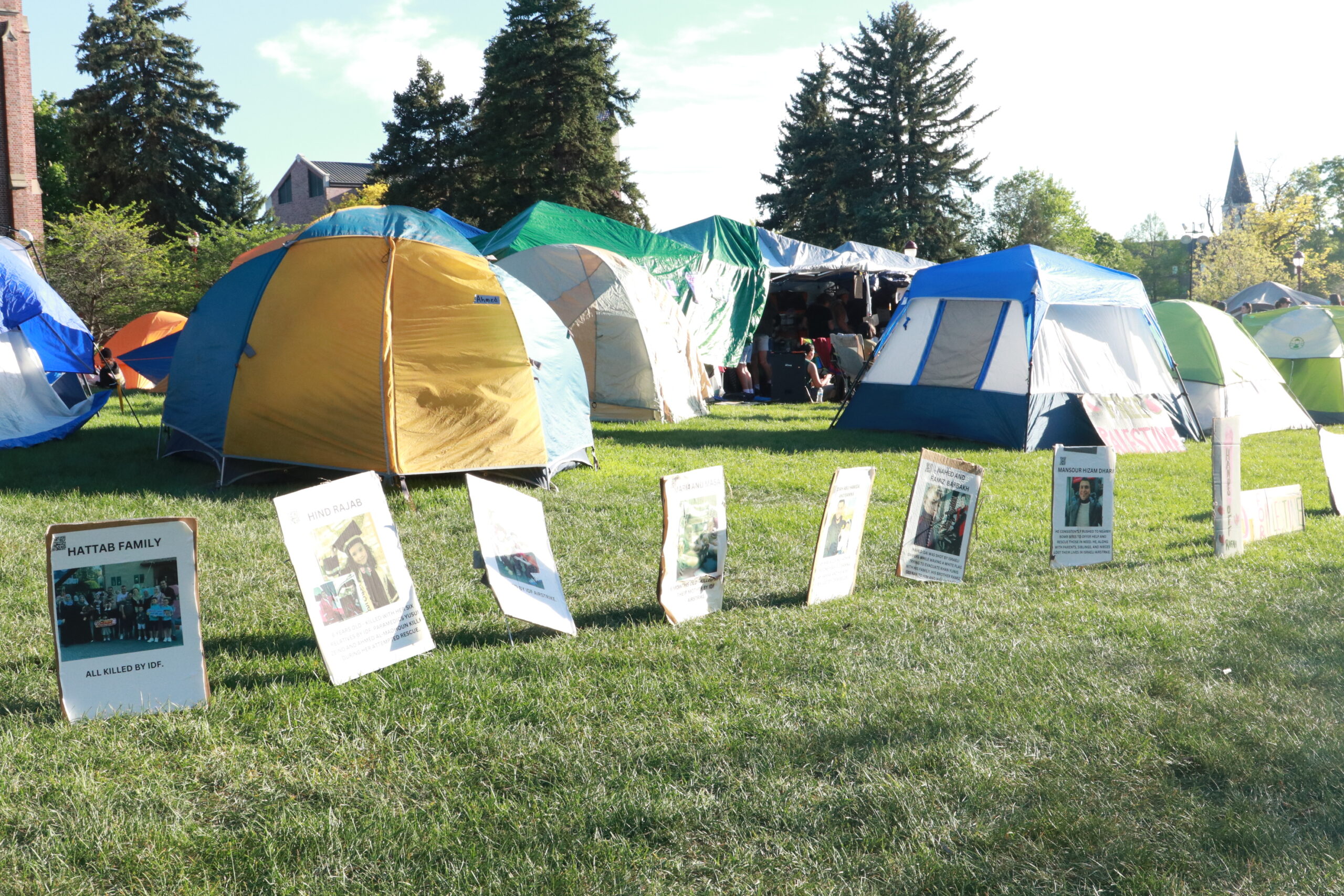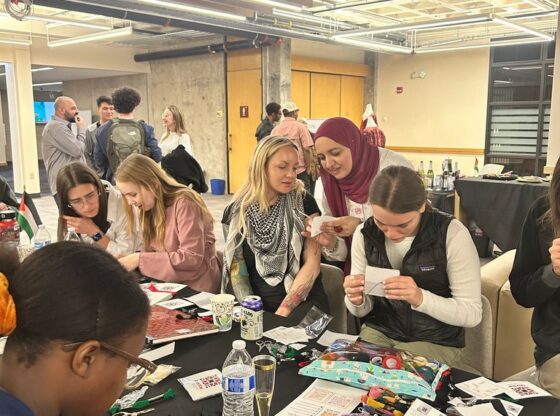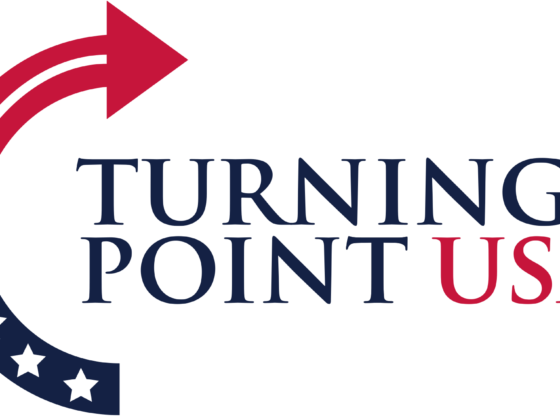 Photo by:
Photo by:
In an effort to provide assistance for sexual assault victims of the University of Denver community, DU has implemented the Sexual Assault Survivor Advocate (SASA) Network.
The program, which began Jan. 2, is comprised of trained advocates who will provide emotional support and offer victims free, confidential information regarding resources and options during the repercussions of sexual assault.
The network not only assists student victims who have been sexually assaulted on or off campus, but also grants assistance to staff, faculty and visitors who have been sexually assaulted on campus, said Lisa Ingarfield, coordinator of the SASA Network.
The implementation of this program will allow any DU victim of sexual assault to call the SASA Network hotline at 303.871.3456, where an advocate will assist victims in making the next appropriate decisions.
“There is a growing need for this program, as incidences of sexual assault are prevalent throughout college campuses nationwide,” Ingarfield said.
Ingarfield said she considers the SASA Network a significant opportunity to make a difference in the DU community, since national statistics show that one in four college women will be assaulted while at college, and 85 percent of the perpetrators will be people they know.
The network will provide support for sexual assault survivors while also promoting awareness for victims who may otherwise feel uncomfortable to seek assistance.
To this date there are 14 advocates who include faculty, staff and students. Advocates are chosen through an application and interview process.
According to Ingarfield, they take an intensive 30-hour training course “where they learn how to provide victims assistance on how to cope with the physical, psychological, judicial and/or legal aftermath resulting from a sexual assault.”
The Sexual Assault Response and Prevention Office at DU utilizes trainers from several disciplines around the Denver area, including the District Attorney’s Office, Denver Police Department and the Rape Assistance and Awareness Program.
Advocates also learn about the psychological implications of sexual assault, appropriate legal and medical systems, and advocates can provide options and information regarding medical care.
Although advocates undergo intensive training, they are not certified counselors and their role is to listen to the victim, Ingarfield said, noting that they should offer him or her emotional support and explain options rather than offer crisis counseling.
As of now, the SASA Network hotline is available from 8 a.m. to 4:30 p.m. Monday through Friday, but within one year of operation the network hopes to be available 24 hours a day, seven days a week, Ingarfield said.











